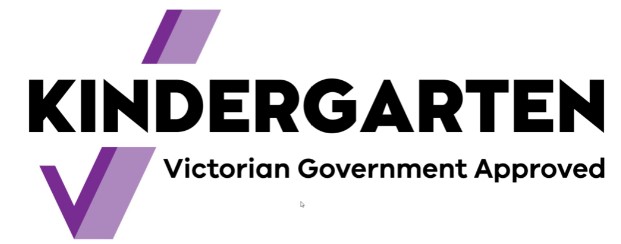The Importance of Promoting Good Oral Language and Communication Skills in Kindergarten
27 March 2020Good oral language and communication skills are one of the primary things your child needs to learn in the early stages of his life. In order to express his needs and preferences, he has to develop a certain oral language and communication skill that would be comprehensible enough for his immediate environment to understand – including but not limited to his parents, guardians, and kindergarten instructors. This will enable your child to convey essential messages such as the need to go potty, or expression of hunger or pain. Below are some of the importance of good oral language and communication skills in kindergarten.
Good Oral Language and Communication Skills Promotes Good Speaking Habits
Studies show that the early development of good oral language and communication skills promotes good speaking habits. Look at it this way, if a child practices the proper manner of speaking with constant correction and constructive criticism as regularly as possible, then he will get used to such, bringing it along as he grows up. Such practice will come naturally to him so it is essential that family members and others who interact with a child on a daily basis do all that is possible to encourage oral language. These everyday moments spent with your child are valuable opportunities for increasing these skills.
Good Oral Language and Communication Skills Improves Other Skills
Oral language involves more than just speaking. Instructors discover that children learn and grow in oral language development during the beginning of their educational journey. Listening comprehension, vocabulary and phonological knowledge are essential components in this development. Listening skills can be improved over time by providing children with lots of opportunities to practice. It is important that adults model good listening, ensure they have children’s attention, lower their voices, speak slowly and be very clear in what is being communicated.
Early Practice of Oral Language and Communication Skills Diagnoses Developmental Disorders
If a child continues using baby talk past an appropriate age, lacks interest in nursery rhymes or shared book reading, has difficulty understanding simple directions or has difficulty learning or remembering names of letters, he may be at risk. Other physical and medical conditions, developmental disorders, poverty, lack of literacy in the home environment and language or literacy disabilities in a child’s family history can also be contributing factors.
Speech-language pathologists can play an important role in helping to identify these children and provide intervention. Although early intervention is beneficial, it is important to remember that children develop at different rates, and even older children with these and other impairments can gain skills needed to read and write. Parents and other professionals who interact with the child can work to fill in the gaps for those who have missed these earlier opportunities.
Promoting good oral language and communication skills is highly essential especially in kindergarten. For more information regarding its advantages, contact us at Gower Street Kindergarten. We promise to ensure the development of each child’s physical, emotional, social, and intellectual skills so that they can grow and explore their identity in a community that celebrates diversity.

